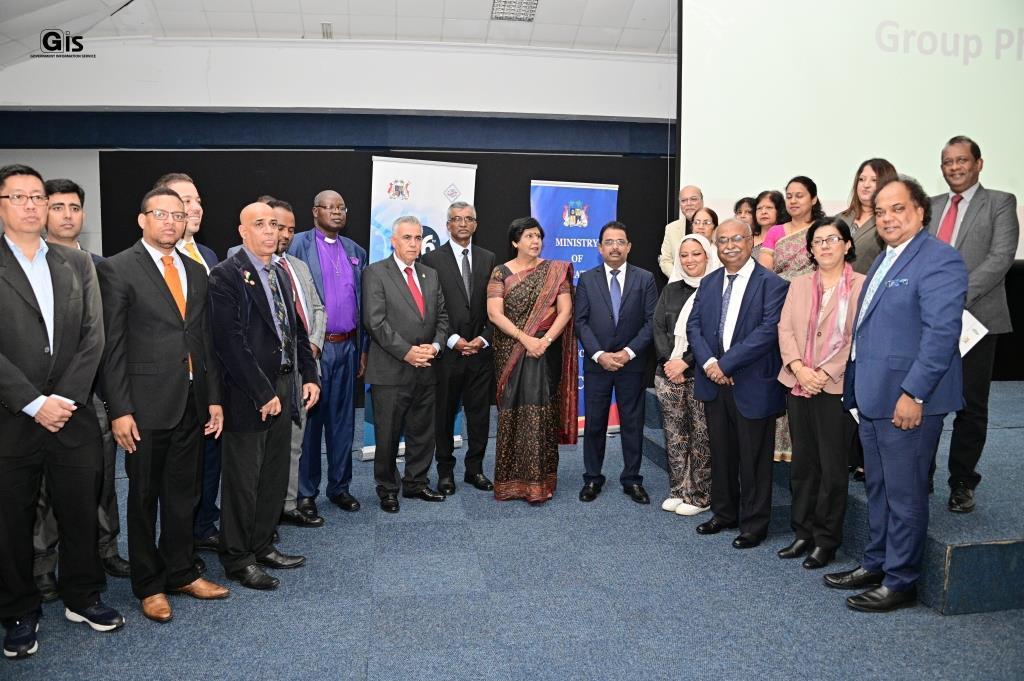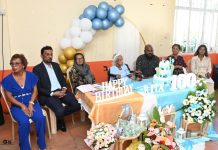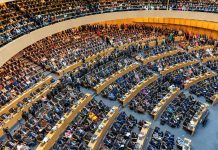Africa-Press – Mauritius. The opening ceremony of the 16th Governing Council Meeting of the Centre for Science and Technology of the Non-aligned and Other Developing Countries (NAM S&T Centre), was held, yesterday, at the Ravenala Attitude Hotel, Turtle Bay, Balaclava.
The Vice-Prime Minister and Minister of Education, Tertiary Education, Science and Technology, Mrs Leela Devi Dookun-Luchoomun, the President of NAM S&T Centre from Sri Lanka, Mr Nihal Ranasinghe, the Director General, NAM S&T Centre, Dr Amitava Bandopadhyay, and other personalities were present.
The Centre also launched some publications on the occasion, namely: Smart Agriculture for Developing Nations, Extreme Natural Events, Blue Economy, and Science Technology and Innovation Diplomacy in Developing Countries.
In her address, the Vice-Prime Minister stated that Mauritius has been a member of the Non-aligned Movement for Science and Technology since long and looks forward to continue working in close collaboration with the NAM S&T Centre.
The power of science and technology cannot be minimised in this ever-evolving society, she underpinned, while highlighting that they have played a preponderant role during the COVID-19 pandemic. According to her, they remain pivotal to reshape the modern world, fortify the present and consolidate the future of the generations to come.
Mrs Dookun-Luchoomun further pointed out that Artificial Intelligence and other emerging technologies are already transforming the lives of millions, fuelled by major advancements in countless fields.
In line with the objectives of the NAM S&T Centre, the Member countries must further construct on already achieved accomplishments and mutually beneficial collaboration, she added.
Investing in education, she emphasised, is the gateway to ensuring people have the appropriate tools to tackle present and future challenges. It is vital to ensure that advancement in technology is accessible to all regardless of socio-economic and geographical limitations, stressed the Vice-Prime Minister.
It is only by establishing partnerships, sharing research findings and participating in international scientific communities that a country can create and extend its global networks, she indicated.
Therefore, capitalising in scientific research and technological infrastructure is essential to foster innovation, attract foreign investments, create job opportunities, as well as help to bridge economic gap between developed and developing countries, she underscored. NAM S&T Centre
The Centre for Science and Technology of the Non-aligned and Other Developing Countries (NAM S&T Centre) was established in August 1989 in New Delhi (India) as an inter-governmental organisation in pursuance of the deliberation of the 5th, 6th and 7th Conferences of the Heads of State or Government of the NAM Countries, and after the adoption of the Statute of the Centre by consensus by the Meeting of the Plenipotentiaries of the Non-aligned Countries in New York in February 1985.
The objectives of the Centre are: to promote mutually beneficial collaboration among scientists and technologists and scientific organisations from the non-aligned and other developing countries; establish links between national and regional centres; act as a clearing house of information on technological capabilities of individual countries for promoting technological cooperation and transfer of technology; and stimulate and promote joint R&D projects and training programmes on bilateral or multilateral basis in selected fields of special relevance.
For More News And Analysis About Mauritius Follow Africa-Press







